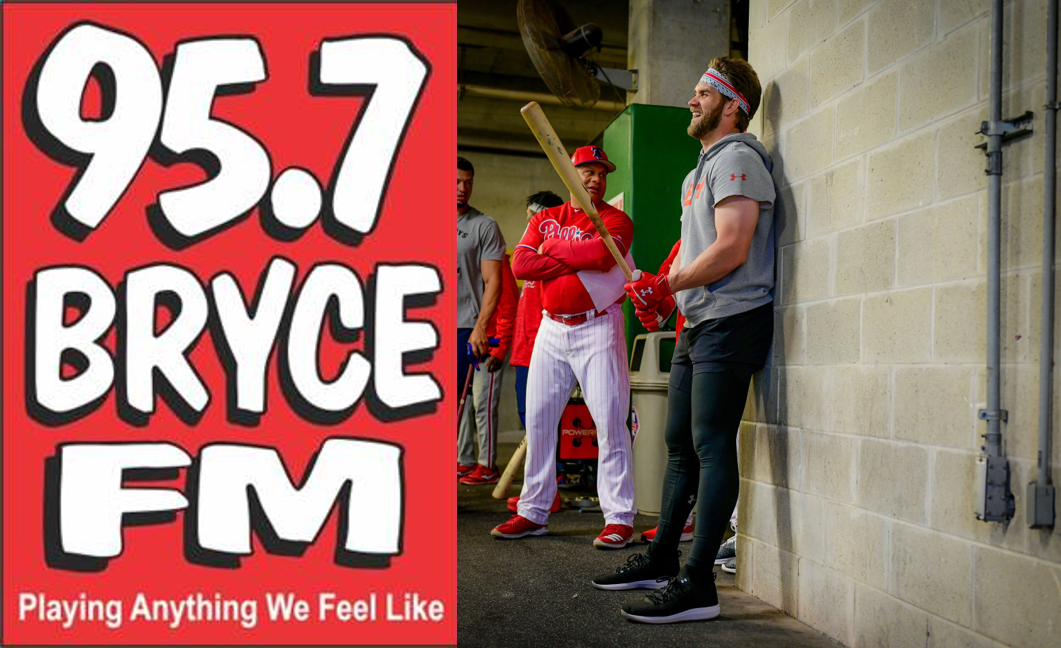 Perhaps you remember that transformative scene in “The Matrix.” Morpheus (Laurence Fishburne) offers Neo (Keanu Reeves) the choice of a red pill or a blue pill. If he takes the blue one, he stays the course, goes back to sleep, and there is no movie. But the red one represents adventure, the chance to journey to “Wonderland” to learn the secrets of “The Matrix.”
Perhaps you remember that transformative scene in “The Matrix.” Morpheus (Laurence Fishburne) offers Neo (Keanu Reeves) the choice of a red pill or a blue pill. If he takes the blue one, he stays the course, goes back to sleep, and there is no movie. But the red one represents adventure, the chance to journey to “Wonderland” to learn the secrets of “The Matrix.”
Neo chooses the red pill.
And it is clearly a gut call. He’s on the spot, it’s a key moment in his life, and he’s got to make the best decision, right here and right now.
That’s often what executives and owners of companies face on an increasingly frequent basis. Often criticized for being unimaginative, conservative, or even gutless, if you’re not on the CEO hot seat, you just cannot appreciate the pressure. It’s easy to lob grenades at those in charge for missing a call or for making one. It’s another to have the weight of the company, a board, and scores of employees counting on you to make the right decision when the heat is on.
So, how are decisions being made, by and large, by those in charge?
By gut feelings – even the biggest decisions.
Over time, corporate honchos begin to trust their instincts. As you rise up the ranks, make some wise judgments, and earn the spoils of the position, it becomes easier to simply gain confidence in your own decision making.
A highly visible case in point is the recent signing of 5-tool baseball superstar Bryce Harper.
The Philadelphia Phillies (along with a bunch of other clubs) had a tough call to make. Those in the hunt with deep pockets were after a game-changing free agent this off season. But the question was whether to go after Harper or the highly talented, very productive Manny Machado. A recent story in Deadspin offers up the rationale for why Harper won “the Philly lottery,” despite many in baseball who believe Machado is the better player and was considerably easier to sign.
But the Phillies put everything into signing Harper who ended up with the best baseball deal to date: $330 million over 13 years. (Machado ended up signing a $300 million deal spanning 10 years.)
What drove this decision? What was the deciding factor that motivated the Philly brass to get out their checkbook and pursue Bryce Harper?
Probably not what you think.

According to ESPN, the Phillies’ principal owner, John Middleton, decided Harper was “The One” because he perceived that’s who his fans wanted. That’s right, the decision was driven not just by the Phillies’ faithful, but by a social media poll in the Philadelphia Inquirer in which 9,000 people (I’m sure no one thought of duplicates, bots, and other Internet methods of ballot stuffing) made their feelings clear about the free agent preference.
As Middleton told ESPN about the poll, “That just tells you something.”
I’m not sure exactly what that is. How difficult would it have been to do a deep dive over the winter on an entire slew of KPIs – key performance indicators – on the field stats, interviews with players and coaches, and statistically valid research among the Phillies’ minions (and season ticket holders) to help rationally make their choice. Ostensibly, the Inquirer “poll” didn’t even sort people who actually pay money to attend games. Yet, this loosely structured “survey” apparently held sway over perhaps the most important decision the franchise has made in decades.
So, the Phillies chasing after Bryce Harper turned out to be a gut call, with squishy “research” information to back it up. Yet, as Nobel Prize-winning psychologist Daniel Kahneman recently told The Washington Post’s Jena McGregor, this happens all the time. His belief is that CEOs shouldn’t be too quick to follow their instincts.
Instead, he suggests a system they call MAP – Mediating Assessments Protocol – where a number of factors are evaluated well before a big decision is made.
Kahenman and his fellow authors believe that analyzing 6-7 key attributes, talking about them individually, and then scoring them is a far more effective way of making a tough call.
He notes this process can eliminate “groupthink.” Interestingly, the authors believe that low-level decisions frequently use a detailed processes, while the biggest decisions are often relegated to gut.
These days, broadcast radio CEOs are tasked with making these big calls – executive hires, partnership questions, and even whether to purchase a tech company. A disciplined decision process, broken up by a number of these factors, may in fact be the better way to sift through the noise to make a smart call.
Who knows? Harper could end up winning the National League MVP award this year, and vault the Phillies into the World Series.
Or City of brotherly Love fans may end up watching Manny Machado’s stats from afar, lamenting the move that Middleton made this winter in going after Harper.
One thing is for sure. One of the big winners in the Bryce Harper sweepstakes is WBEN-FM, Beasley’s Variety Hits station in Philadelphia.
When the good news about Harper’s deal broke in the media, BEN-FM went right into “seize the moment mode,” renaming itself BRYCE-FM, and giving away trips to spring training games in Clearwater, Florida.
It’s not going to get any easier for broadcast radio CEOs anytime soon. The big decisions used to be about format changes and talent acquisitions. Today, the stakes are higher, the business climate is more tenuous, and there are more unknowns than ever before obscuring the ability to make an intelligent call.
The difference between being decisive and making great decisions has never been more important.
- The Exponential Value of Nurturing Radio Superfans - April 28, 2025
- What To Do If Your Radio Station Goes Through A Midlife Crisis - April 25, 2025
- A 2020 Lesson?It Could All Be Gone In A Flash - April 24, 2025




Selecting the right brand is the essential decision. All else feeds it including the most appealing menu for a financially healthy audience, outstanding direction, effective presentation & local connection. Build it and they will come…and buy.
Thanks you, Clark.